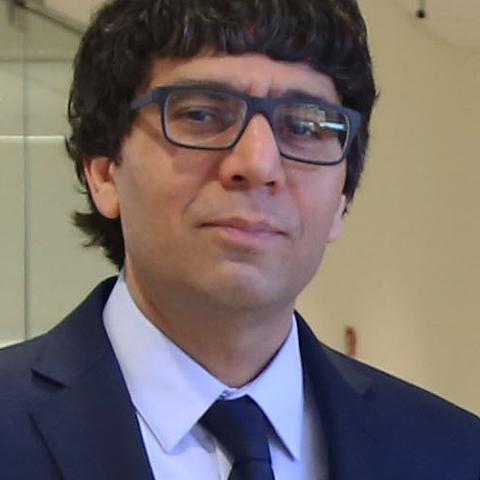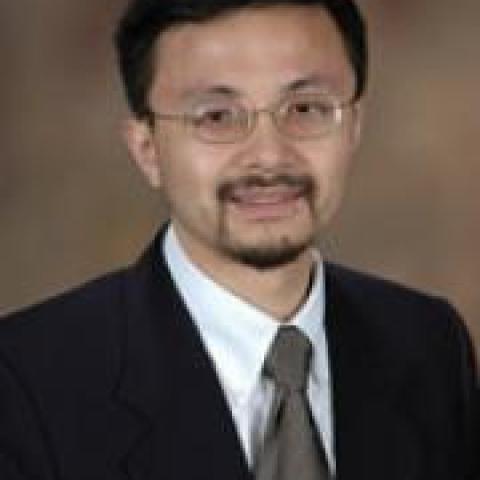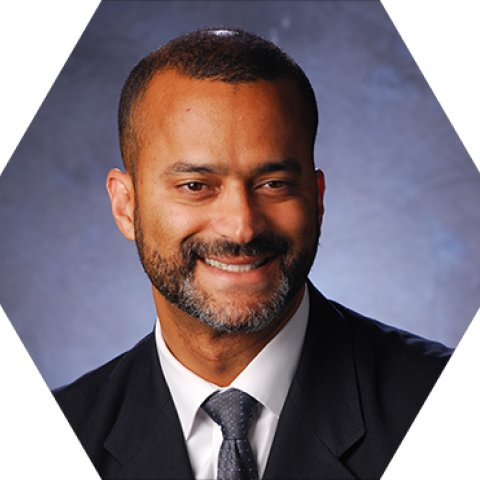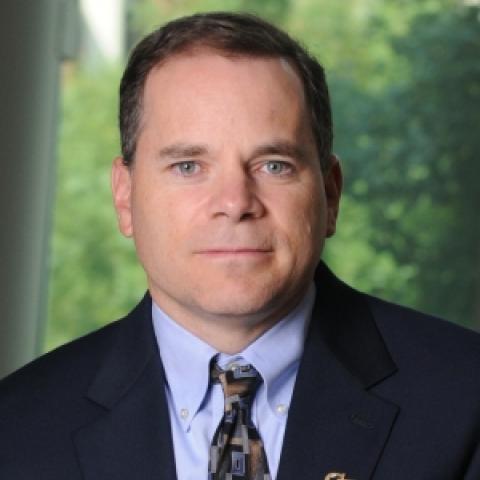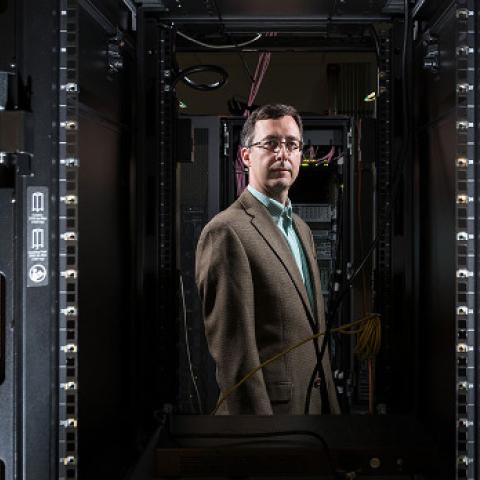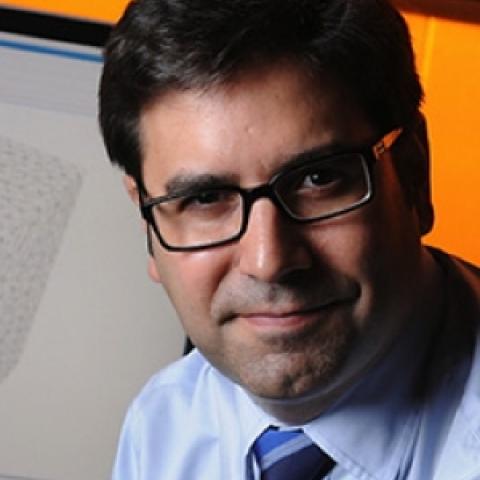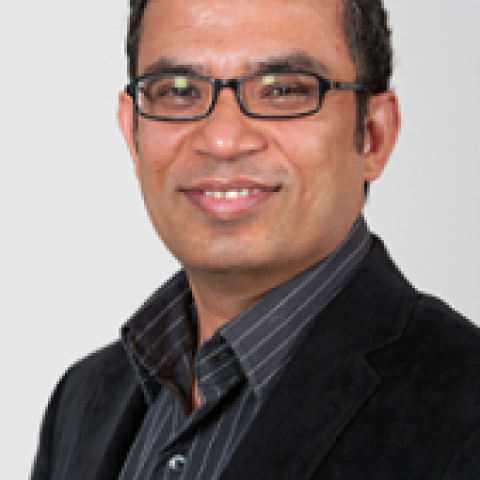Min Zhou
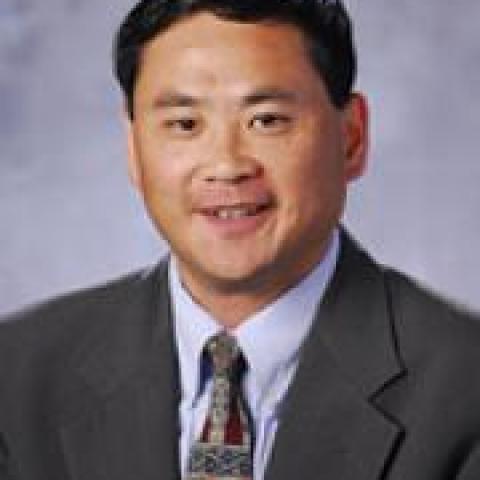
Zhou's research interests concern material behavior over a wide range of length scales. His research emphasizes finite element and molecular dynamics simulations as well as experimental characterization with digital diagnostics. The objective is to provide guidance for the enhancement of performance through material design and synthesis. Zhou maintains a high-performance computer cluster with 384 parallel processors and an intermediate-to-high strain rate material research facility which includes a split Hopkinson pressure bar apparatus, a tension bar apparatus, and a combined torsion-tension/torsion-compression bar apparatus.
Recent research focuses on the characterization of the dynamic shear failure resistance of structural metals and the role of microscopic damage in influencing failure processes through shear banding and fracture. Micromechanical models are developed to outline microstructural adjustments that can improve the performance of materials such as metal matrix composites, ceramic composites, composite laminates and soft composites. These models explicitly account for random microstructures as well as random crack and microcrack development. At the nanoscale, ongoing research focuses on the novel shape memory and pseudoelasticity that were recently discovered in metal (e.g., Cu, Au and Ni) nanowires. The coupling between the thermal and mechanical responses of semiconducting oxide (e.g., ZnO and GaN) nanowires is another active research direction which uses molecular dynamics simulations and continuum modeling. Dr. Zhou's group is also actively engaged in research on the equivalent continuum (EC) representation of atomistic deformation at different length scales. Related research projects are sponsored by the National Science Foundation (NSF), NASA, the Air Force Office of Scientific Research (AFOSR), the Air Force Research Lab (AFRL), the Office of Naval Research (ONR), the Army Research Office (ARO), industry, and the Center for Computational Materials Design (CCMD).
Computational MechanicsFracture & FatigueMechanics of Materials & ManufacturingMicro- and Nanoscale BehaviorNanomechanics.
- Built Environment Technologies
